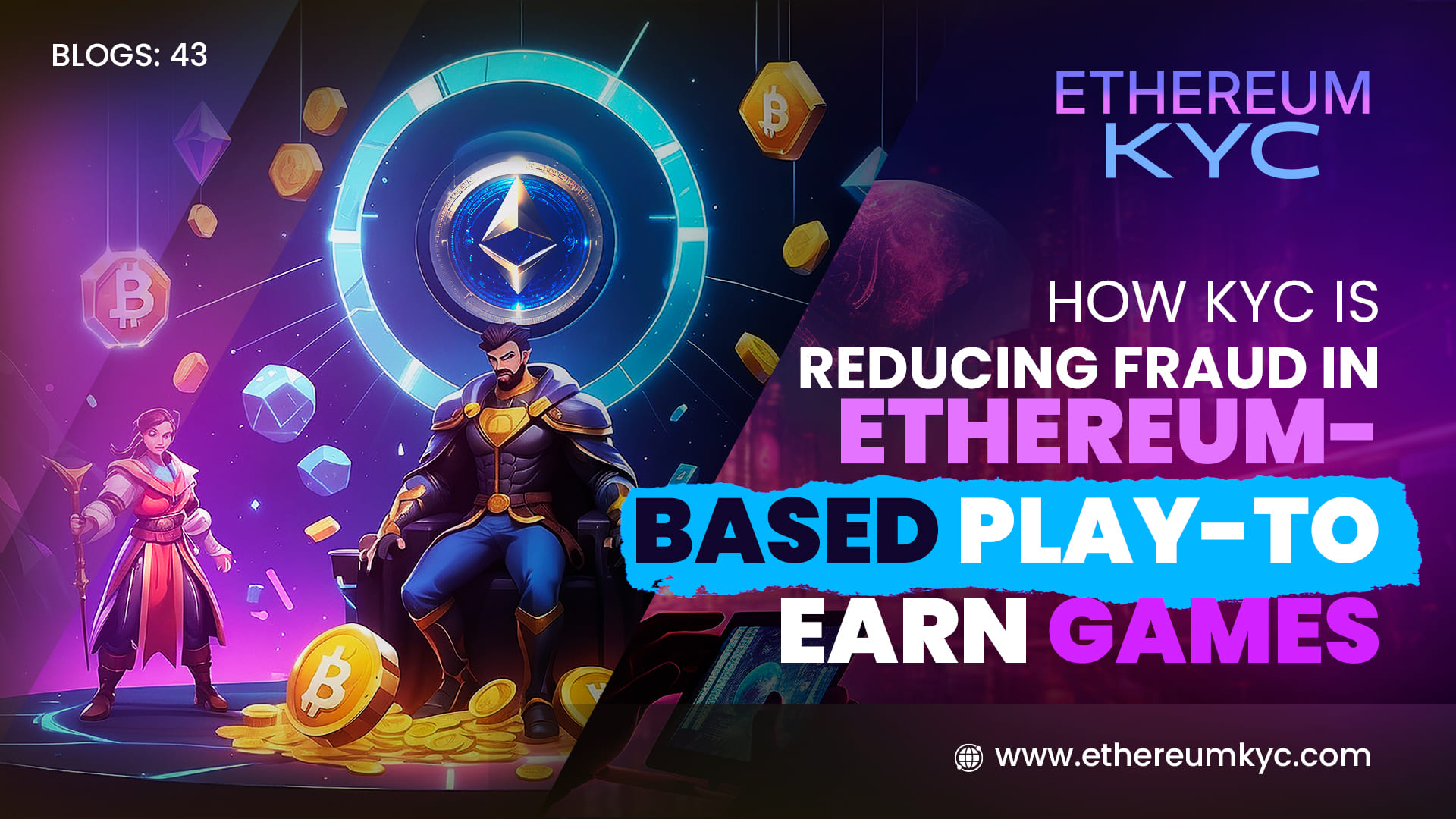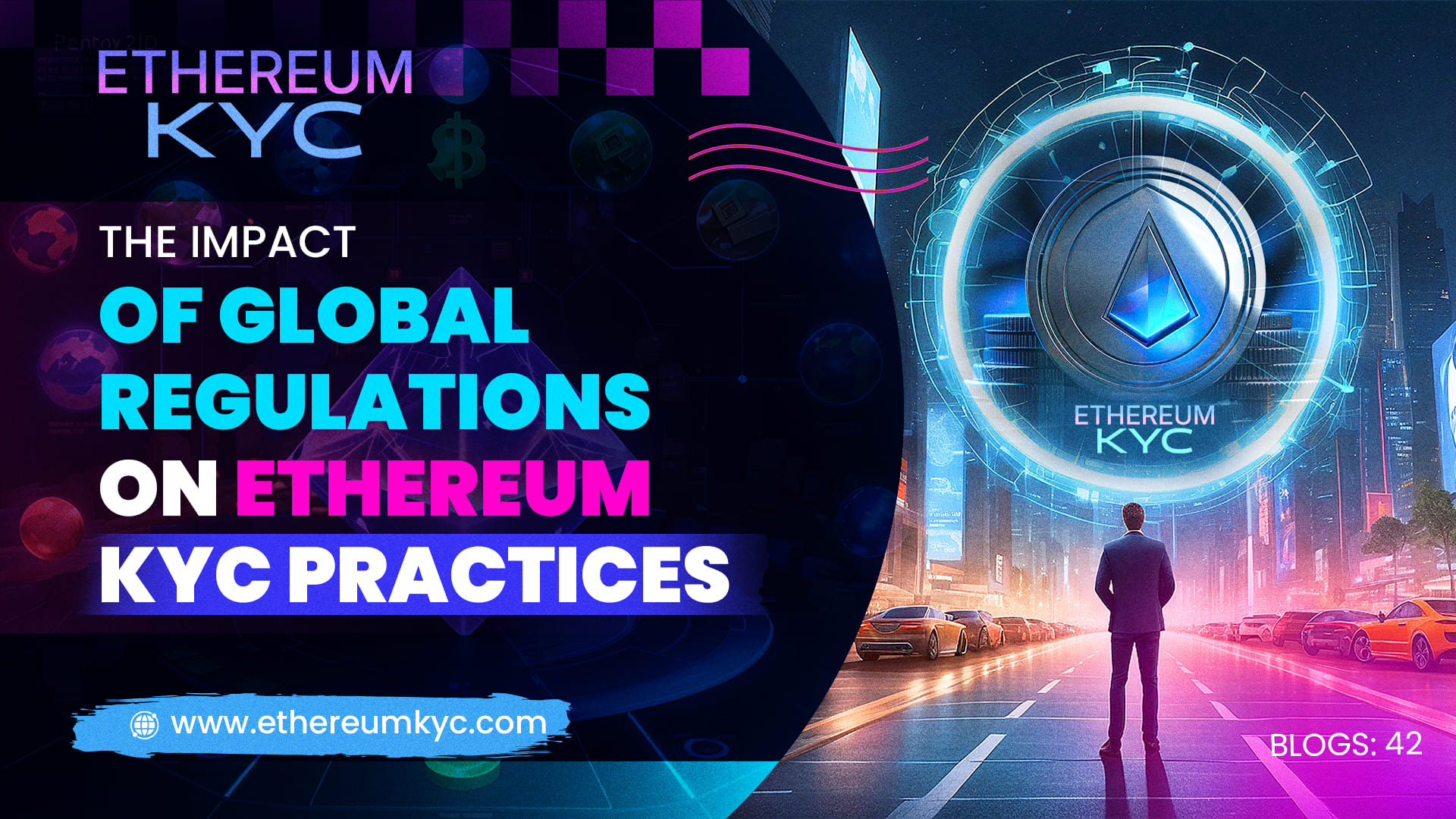May 12, 2025
How KYC is Driving Corporate Adoption of Ethereum Smart Contracts
Ethereum smart contracts offer powerful automation for payments, supply chains, legal agreements, and more—but until recently, many corporations hesitated to adopt them. Now, thanks to integrated KYC (Know Your Customer) solutions, companies are beginning to embrace Ethereum’s potential within regulatory frameworks. KYC is proving to be a key enabler for real-world, compliant smart contract adoption.
The Corporate Barrier: Compliance and Risk
Enterprises operate under strict legal and regulatory oversight. Without verified counterparties, Ethereum smart contracts have historically posed too much risk. KYC eliminates that barrier by verifying users, businesses, and transaction data—bringing clarity and accountability to decentralized workflows.
How KYC Enhances Corporate Use of Smart Contracts
- Verified Counterparties: Smart contracts can include logic that only interacts with wallets linked to KYC-verified identities.
- AML Compliance: On-chain transactions can be screened for money laundering risks before execution.
- Regulatory Alignment: KYC integration helps companies meet legal standards for financial reporting, anti-fraud, and cross-border compliance.
- Trusted Automation: With KYC in place, smart contracts can safely manage B2B payments, legal agreements, or recurring services.
Enterprise Use Cases Gaining Traction
- Supply Chain Management: Verified suppliers and logistics partners interact via automated Ethereum contracts.
- Cross-Border Payments: KYC-compliant wallets facilitate fast, global settlement for businesses.
- Tokenized Invoices and Escrow: Contracts auto-release payments once conditions are met—only between verified parties.
Tools and Integrations
Ethereum developers now have access to KYC-ready tools like Civic, Fractal, and KILT Protocol, which allow identity data to be linked to on-chain addresses without compromising user privacy.
Conclusion
KYC is the missing piece for Ethereum’s enterprise breakthrough. By aligning blockchain functionality with regulatory compliance, it removes friction and opens the door to real-world corporate adoption. For smart contracts to power the next wave of business automation, verified identity is no longer optional—it’s essential.





